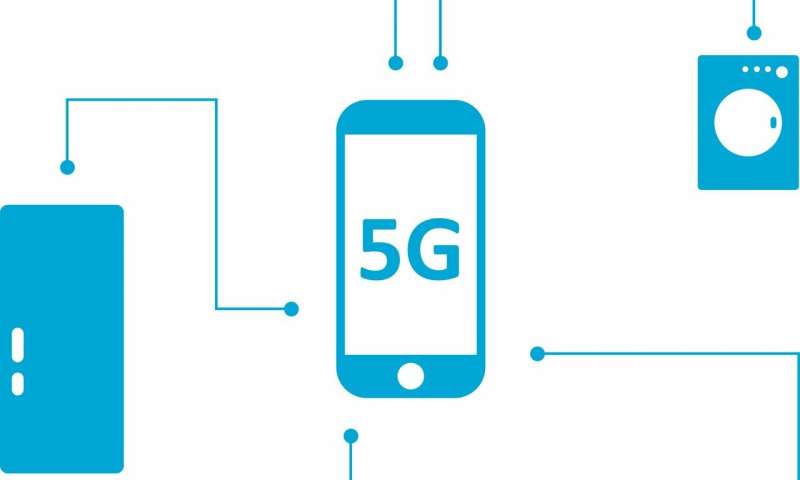Qualcomm touts 5G in 2019, launches new processor for flagship smartphones

Qualcomm said Tuesday that another milestone has been hit in efforts to bring ultra-fast 5G wireless devices to consumers next year when a smartphone using its latest modem chip operated on a 5G network at an event in Hawaii.
Verizon conducted the 5G demonstration on its network using a Samsung prototype device with Qualcomm's X50 modem at Maui hotel where the San Diego cellular technology giant is holding its annual Snapdragon Technology Summit this week.
Along with Verizon, AT&T also served up 5G demonstrations, and BT Group in the United Kingdom and Telstra in Australia attended to talk about the coming rollout of 5G starting next year. Network launches are expected in North America, Europe, Japan, South Korea, Australia and China.
"Through our close collaboration with Qualcomm Technologies, Verizon reached a number of milestones over the last year to help make 5G a reality for consumers in 2019," said Nicki Palmer, chief network engineering officer for Verizon.
Samsung, Ericsson and other equipment and device makers also attended. San Diego's Inseego, formerly Novatel Wireless, said a new 5G mobile hotspot using Qualcomm's technology that is expected to be launched on Verizon's network next year.
Qualcomm is betting big that 5G will jump start the saturated smartphone market. The technology promises to deliver fiber-optic-like speeds to wireless devices with imperceptible transmission delays.
If 5G quickly gains traction with consumers next year, it also could help push forward a resolution in Qualcomm's wide-ranging legal war with Apple.
Apple uses Intel chips to link iPhones to cellular networks. Qualcomm is believed to have a technology lead on Intel in 5G though it's unclear how much. Intel has said it will have 5G chips ready for the second half of 2019 but hasn't announced customers.
Qualcomm claims that 18 device makers signed up to use its chips in 5G devices next year. The company says it's ready to deliver 5G not only using so called sub- 6 gigahertz airwave frequencies which are akin to those used now for 4G—but also millimeter wave frequencies.
Millimeter wave has some tricky technical challenges because the frequencies are prone to interference and do not travel far. But Qualcomm has developed beam forming antenna modules and other techniques to enable millimeter wave—which would add massive wireless capacity to cellular networks. That capacity could potentially power data plans with unlimited video streaming.
In addition to touting 5G, Qualcomm introduced its latest chip for smartphones. Called the Snapdragon 855, the new flagship processor will support 5G devices, with beefed up processing speeds, artificial intelligence, camera and mobile gaming capabilities.
In addition, Qualcomm re-launched its ultrasonic, under-glass fingerprint sensor technology, called the Qualcomm 3-D Sonic Sensor. The company says it can accurately detect fingerprints even through contaminants. The under-screen sensor allows smartphone makers to build devices with edge-to-edge screens and still have high levels of security, according to Qualcomm.
"Today marks a massive and exciting step forward underscoring how Qualcomm Technologies and ecosystem leaders are driving 5G commercialization, a journey that went from R&D, accelerated standardization and trials, the launch of innovative products and technologies, to the imminent launch of 5G networks and smartphones across the globe starting in early 2019," said Qualcomm President Cristiano Amon.
©2018 The San Diego Union-Tribune
Distributed by Tribune Content Agency, LLC.




















